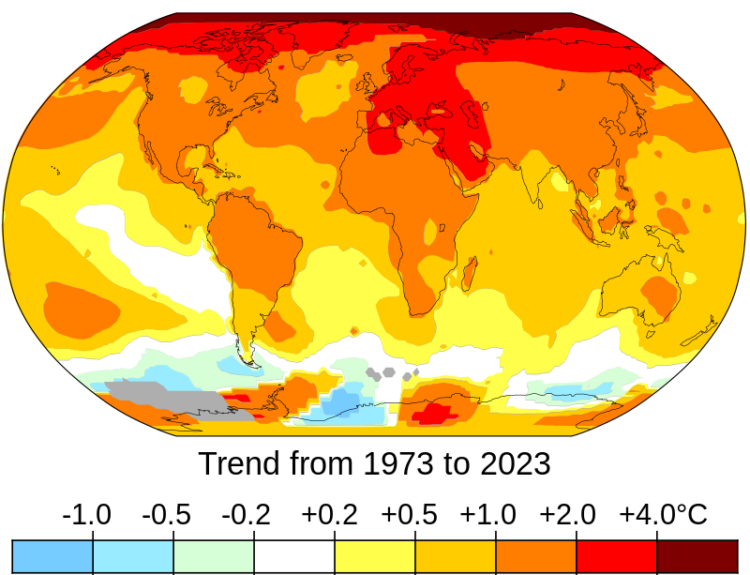Insurance industry faces increasing costs and limited availability
- Juries are imposing outsize verdicts on U.S. companies
- Number of cases with verdicts over $10 million grew by 27% in 2023
- Insurance industry concerned about rising costs and limited availability
- Number of verdicts above $100 million reached a record in 2023
- American corporations worry about the growing trend of ‘nuclear’ verdicts
Juries in the U.S. are increasingly imposing large verdicts on companies, leading to concerns in the insurance industry. The number of cases with verdicts over $10 million, known as ‘nuclear’ verdicts, grew by 27% in 2023. This trend is causing insurance policies to become more expensive and harder to obtain. The U.S. Chamber of Commerce reported a record number of verdicts above $100 million in 2023, up nearly 400% from 2013. American corporations are worried about this growing trend, as it affects the cost and availability of insurance. The insurance industry argues that these large verdicts are limiting businesses’ ability to buy insurance at reasonable rates. However, advocates for victims argue that corporations are reluctant to pay for legitimate claims, forcing victims to pursue legal action. The increasing availability of outside funding for cases has also contributed to the rise in ‘nuclear’ verdicts. The anger towards big companies and the desire to hold them accountable is driving this trend. As a result, businesses may face challenges in obtaining adequate insurance coverage in the future.·
Factuality Level: 3
Factuality Justification: The article provides a one-sided view of the ‘nuclear verdict phenomenon’ without presenting any counterarguments or perspectives. It lacks in-depth analysis and fails to provide a balanced view of the issue. The article also contains quotes and statements that are presented as facts without sufficient evidence or context.·
Noise Level: 3
Noise Justification: The article provides a detailed analysis of the increasing trend of ‘nuclear verdicts’ in the U.S. legal system, including insights from various sources such as insurance companies, lawyers, and industry insiders. It discusses the impact of these verdicts on businesses, insurance costs, and society as a whole. The article presents different perspectives on the issue, including arguments from both sides of the debate, and supports its claims with examples and data. However, some parts of the article contain repetitive information and could be more concise.·
Public Companies: Exxon Mobil (XOM)
Private Companies: Charter Spectrum,Alki David
Key People: Evan Greenberg (Chief Executive of Chubb), Seth Gillston (Head of North America Industry Practices for Chubb), Andrew DuPont (Lawyer for the man who won the lawsuit against Exxon Mobil), Patrick Wigle (Lawyer for the man who won the lawsuit against Exxon Mobil), Chris Hamilton (Lead trial lawyer for the plaintiff in the Charter Spectrum case), Gary Dordick (Lawyer who secured the $900 million verdict in the Alki David case), Linda Lipsen (Chief Executive of the American Association for Justice), Eric Joost (Chief Operating Officer of CAC Specialty), Jason Bloom (Dallas-based jury consultant), James Whittle (Chief Claims Counsel to the American Property Casualty Insurance Association)
Financial Relevance: Yes
Financial Markets Impacted: Insurance industry
Financial Rating Justification: The article discusses the impact of increasing jury verdicts on U.S. companies and the insurance industry. It mentions that insurance policies are becoming more costly and harder to come by due to the growing trend of large verdicts. It also highlights the concerns of Chubb, one of the world’s largest insurers, and the U.S. Chamber of Commerce regarding the rising number of nuclear verdicts. The article provides examples of recent cases with significant verdicts and discusses the potential effects on the cost of goods and services and the availability of insurance. Overall, the article pertains to financial topics and has implications for the insurance industry and companies impacted by large verdicts.·
Presence Of Extreme Event: No
Nature Of Extreme Event: No
Impact Rating Of The Extreme Event: No
Extreme Rating Justification: ·
 www.wsj.com
www.wsj.com 





